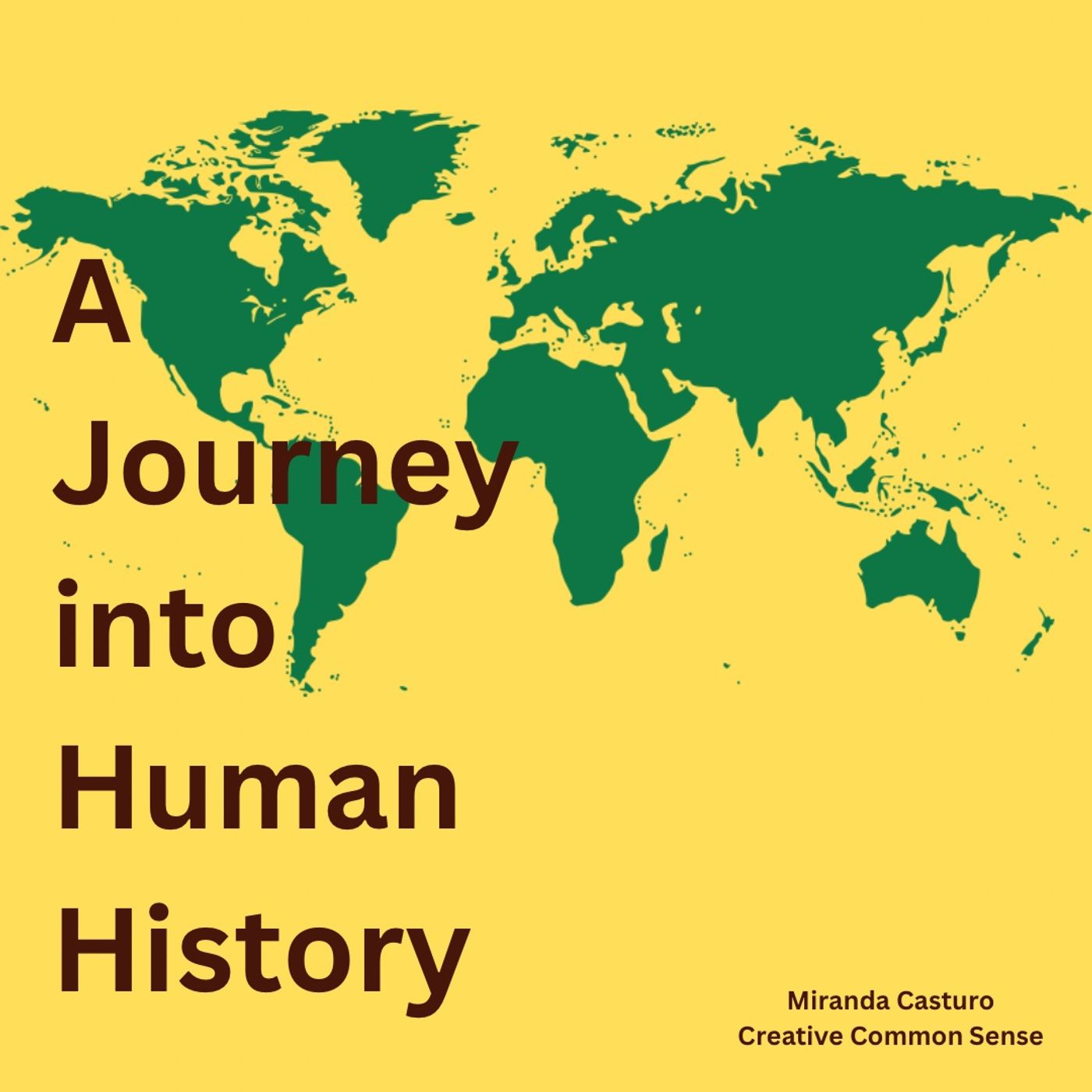The Swahili Coast (Corrected Audio)
Description
City-states on the east coast of Africa grew in size and prosperity as they took advantage of wind patterns to participate in Indian Ocean trade. Their people were united by a shared religion, Islam, and a shared language, Swahili. Products from the interior of the African continent were sold by the Swahili traders to merchants from Arabia, Persia, and India. In exchange, they purchased goods from India, Southeast Asia, and China. Enslaved Africans were also sold in the Swahili city-states.
The most powerful of the states was Kilwa, which had grown wealthy through its control of the gold-rich city of Sofala. When the Portuguese arrived in the late fifteenth century, they attempted to leverage the cities’ discontent with Kilwa’s dominance to gain control of the region’s trade, but a Somali-Ottoman alliance and the Omani Sultanate ultimately drove them from all the city-states except Mozambique.
All images referenced in this podcast can be found at https://openstax.org/books/world-history-volume-2/pages/3-3-the-swahili-coast
Welcome to A Journey into Human History.
This podcast will attempt to tell the whole human story.
The content contained in this podcast was produced by OpenStax and is licensed under a Creative Commons Attribution License.
Access for free at https://openstax.org/books/world-history-volume-2/pages/1-introduction
Podcast produced by Miranda Casturo as a Creative Common Sense production.
More Episodes
Over the course of the eighteenth century, a series of famines and economic crises deepened wealth inequality and narrowed access to political power on both sides of the Atlantic. As the growing influence of the public sphere and Enlightenment ideas of equality and liberty shaped opposition to...
Published 12/25/23
Published 12/25/23
Over the course of the seventeenth and eighteenth centuries, the public sphere became an increasingly important component in the spread and development of Enlightenment ideas. As networks of informal socialization and intellectual exchange, coffeehouses provided a setting in which people from all...
Published 12/22/23


